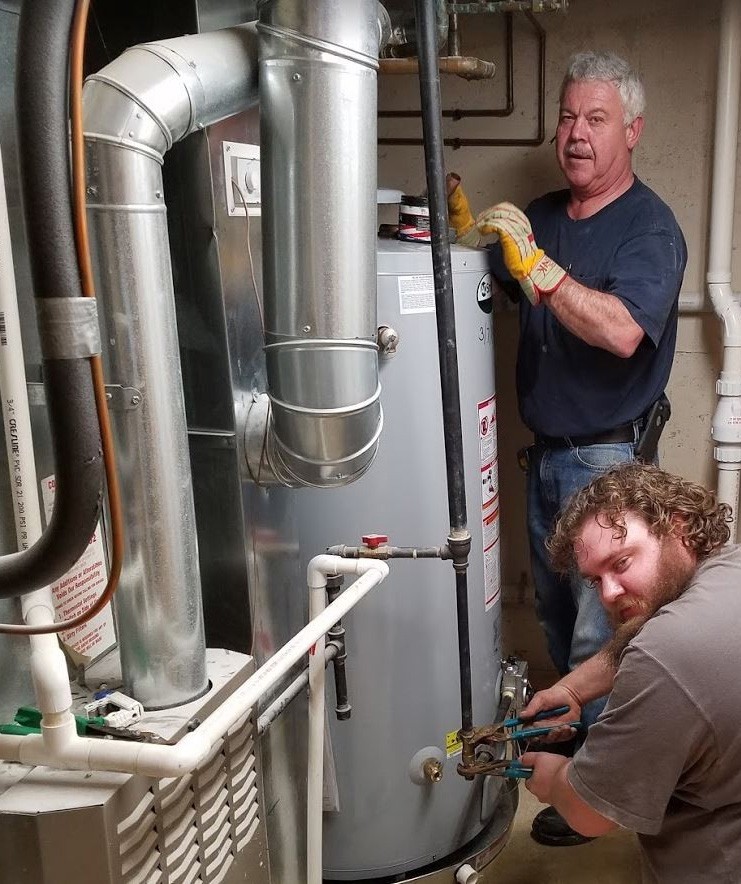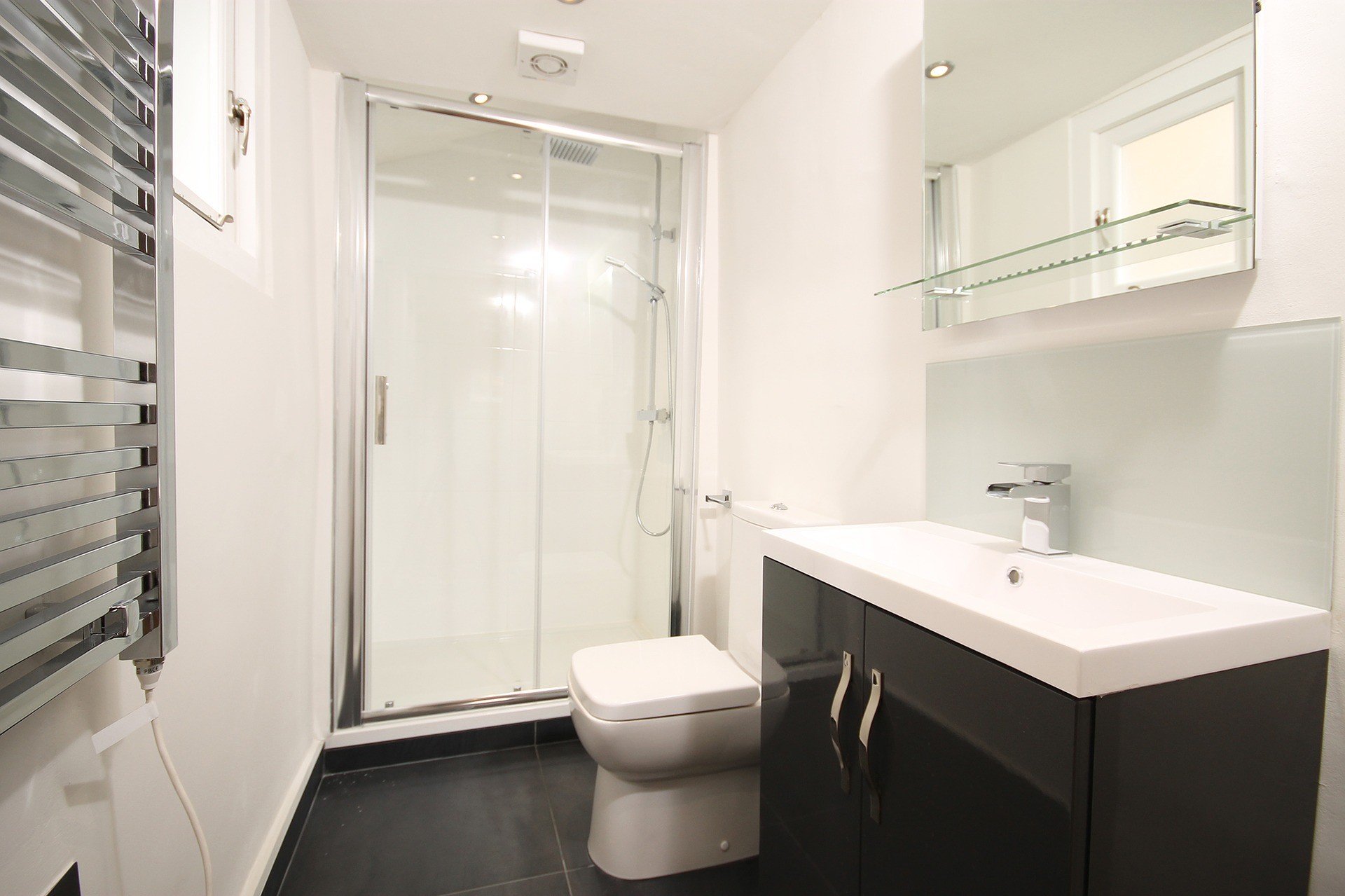To clarify, this is a device that instead of storing preheated water it heats the water as it is being used. They are generally About the size of a smaller carry on bag and can be mounted on the wall. The cold water goes in and when you open a hot faucet it senses the flow and turns the burner on and the water passes through a heat exchange loop which heats the water very quick and as long as everything is working it will keep flowing hot water and not run out.
First of all these are not new, the first one I ever installed was in the seventies. They have definitely improved, but in many cases they are just too expensive to justify. As you read on you'll see there is more to it than just switching out the heater, and by the time it's all figured out it is hard to justify and recoup the expense in many cases.
The first problem is sizing them. And quite simply from my observations the less expensive the less the output. They are rated by how much heated water they can pass per minute taking into consideration the temperature of the incoming and outgoing water. In this area the incoming water averages 55 degrees and the outlet you want to be at least 120 to 130 degrees and you want it to do this at 4 to 8 gallons per minute minimum ( even higher in some cases) to be adequate. Many are too small to run a second faucet or a performance shower system. There are some modifications needed to install in an existing home such as the piping, large enough gas supply and most need to be vented independently, either out the wall or through the roof.
Nevertheless, we have installed many of them, and there is a 90+% efficiency rating on certain models. Some of the advantages include:
- First and foremost, they do not run out of hot water. This is very important in many cases.
- They take up less room. You can reclaim some space if standard water heater is in a confined space.
- They don’t burn a drop of gas if no one is using water, unlike a conventional heater which keeps its capacity hot at all times.
- They have a projected life of about 20 years. Conventional heaters average 11 years.
Tags:

